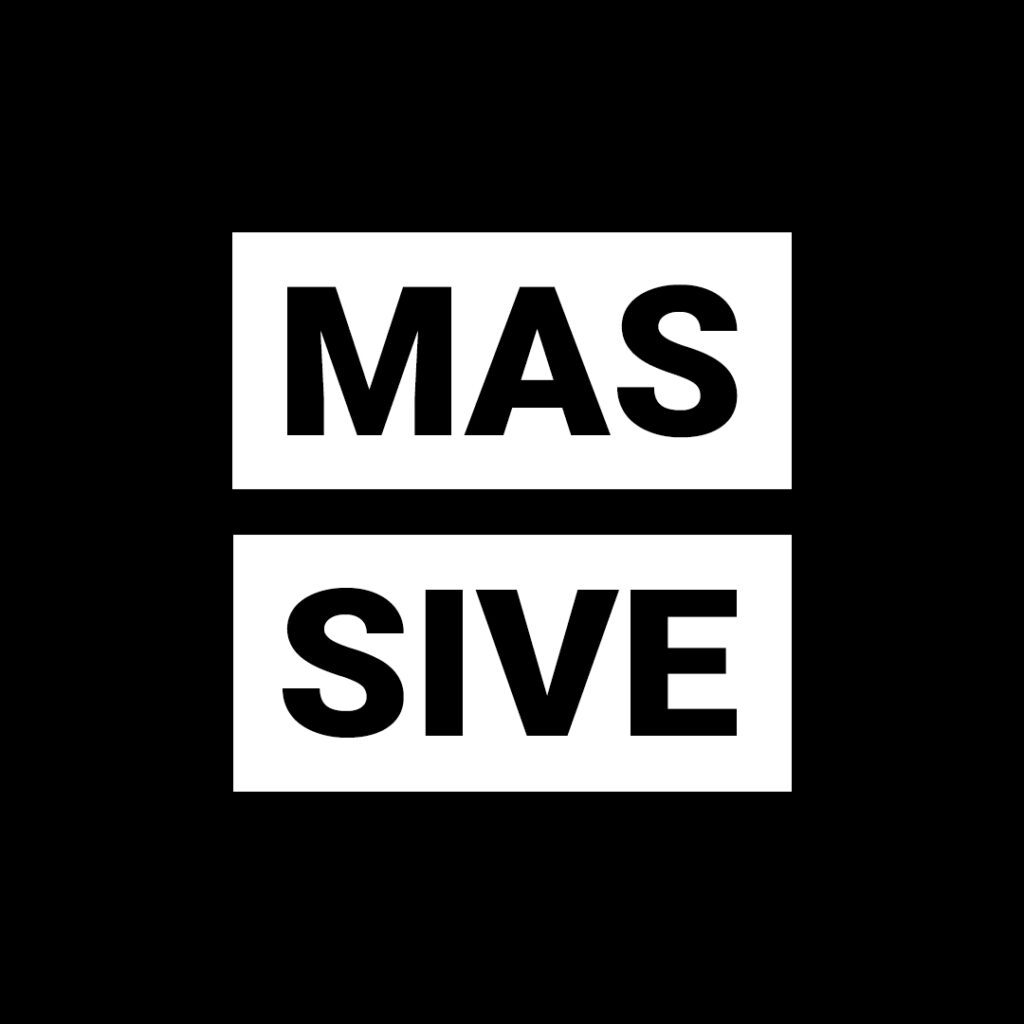Having the right resume is a tricky thing. You need to make sure you have the right combination of work experience, education and extracurricular activities to impress your potential employers so you have the best chance of getting the job.
Over the years I’ve come to realize that there are mistakes that many people make when putting their resumes together. Heck, I’m guilty of making some of them myself. But, hey, you live and you learn.
Some of the mistakes are simple. Some of them are nuanced. And I’ve put together this article to help you identify and correct seven of them.
Your resume shouldn’t be longer than two pages
You’ll rarely find a recruiter who’s going to read a resume that’s longer than two pages.
As opposed to your curriculum vitae, your resume should simply be a summary of your work history. It should highlight the only the best aspects of what you’ve done, when you did it and where you did it.
If your resume is longer than two pages, take some time to go back through it and remove the less impactful sections.
Your entire work history doesn’t need to be on your resume
In fact you might look pretty amateur and unfocused if you do list all your jobs and gigs.
You’ll need to get into the habit of listing the most recent and most relevant jobs that you’ve done on your resume.
The reality is that there are some people who’ve had many jobs. Whether you jumped around from one job to the next by choice or circumstance doesn’t really matter. What’s important is that you tailor the experiences you have to the role you’re applying for.
No, I’m not telling you to lie about your work history. If we’re following my previous point of keeping your resume as concise as possible you’ll need to make sure that you keep it tight by listing only the most relevant experience you have for the job.
You don’t list enough relevant experience
I know, I know. In the previous point I made a fuss about giving your potential employer too much information. I’m still in alignment with that point here. In fact, now I may sound a bit repetitive.
The problem I’m talking about now, however, is that you need your resume to be as beefy as possible. And the only way to do that is to make sure that you put all the work history, accomplishments and extracurricular activities that you have that are most relevant to the job you’re applying for.
There are too many gaps in your work history
People are taking so many short term contract based jobs now that pulling together a resume with no gaps in it might seem next to impossible for some. This is a problem I’ve run into before, having been a freelancer for a good amount of my professional life.
Gaps in your resume raises some red flags for employers. They’ll definitely ask why you were unemployed for those periods of time and will want to dig into why you left the jobs you were at before.
Sometimes those gaps are unavoidable because, hey, that’s your work history. But it would do you well to have a good answer for when you’re asked about them. Just relax and be honest about your experiences and efforts in getting meaningful employment.
You don’t mention associations you’re in or volunteer work you’re doing
Being a well rounded person doesn’t just mean that you do amazing work. It also means that you maintain an active personal life.
A good way to showcase this is by mentioning the associations and volunteer activities you do in your off hours.
By listing the associations you’re involved in you let possible employers know that you’re fine with networking and that you’re actively growing professionally. And by alerting prospective employers as to your volunteer activities you let them know that you’re willing to contribute to a cause that’s greater than yourself.
Both of those are qualities that any respectable employer looks for in a potential employee, so it would do you some good to add them to your professional summary.
If you’re not a member of any associations or not involved in any volunteer activities, it’s never too late to start. Do some research on your industry and find out if there are any active associations that you can be a part of. And if there aren’t then maybe you can start one – which would be even more impressive.
As for volunteering, there are so many organizations that welcome new volunteers with open arms. All you’ll have to do is find a cause you believe in, look for related organizations, and then ask how you can get more involved in what they’re doing.
You still have your primary and secondary schools on your resume
If you haven’t heard: when you get to the world of full-time employment no one really cares about your education prior to college. That is unless you attended one of the high ranking schools in your country or region.
This may be a hard pill to swallow, but the truth is that your resume looks a bit juvenile when you have your primary or high school on it. You really would be doing yourself a favor if you leave them off of your resume going forward.
You don’t list your experience in reverse chronological order
Simply put: it’s best for you to list your most recent experience and activities first.
But, why?
Having your most recent accomplishments listed first makes it much easier for HR managers to scan your resume and understand what you’re up to now without having to waste time asking you in the interview.
Do NOT put false information on your resume
Really? Did you really think you’d get away with changing up some figures, titles or descriptions on your resume?
A great way to approach any professional document you send out is to assume that everything will be verified and that they’ll run a background check on you.
You don’t want to be caught telling lies on your resume, because if you’ll tell lies to get into the company, what’s to stop you from telling lies once you’re in? I can tell you, if you don’t already know, that dishonesty isn’t a trait that employers like too much.
Whew! That was a lot.
As I mentioned before, it takes a good amount of effort to make sure that your resume lands well with the organizations that you’re applying to. But if you take the time to do the work and really craft your resume you’ll definitely have better chances of getting an interview and possibly getting hired.
For more of The Massive Jamaica be sure to follow us on Facebook, Instagram and Twitter.
If you like our articles and want to contribute some yourself, apply to our Contributing Writer Programme and tell your stories!





